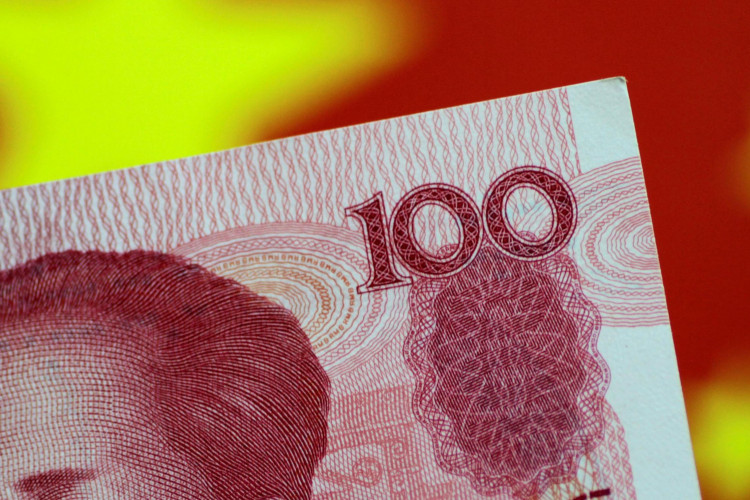A major transformation in debt markets occurred in the decade after the global financial crisis, as banks and investors across the United States. And Europe deleveraged and Chinese lenders went on a binge.
According to the Bank for International Settlements' most recent financial data, bonds issued by the Chinese companies account for about 12 percent of outstanding debt securities, an increase of 2 percent in 2007.
The U.S. share dropped to 36 percentage points by 4 percentage points, while the European Union shares fell to 24 percent by 8 percentage points. The changes are in huge contrast with the relative increase in U.S. equity share value.
In recent years, Chinese businesses and local governments have become more accustomed to tapping bond markets, leading to borrowing from the country's more stable financial institutions.
But since 2007, the financial system of China has also swelled. Assets at the top four banks in the country have quadrupled in terms of dollars and are now filling four of the top five lenders worldwide. Debt growth in China has prompted the government to try its own multi-year campaign of deleveraging.
Other emerging markets also saw their share rise as their outstanding debt more than doubled to 10 percent from 7 percent. Elsewhere, corporate publicly traded equity has not kept pace with rising debt rates - in China or other emerging markets.
By mid-year, Chinese companies accounted for about 12 percent of all publicly traded companies' total market capitalization, up from 9 percent in 2007, according to Bloomberg News data from the World Federation of Exchanges and Calculations.
Emerging-market companies - included in the category "rest of the world" in the chart below - account for 15 percent - or a one percentage point rise.
Furthermore, due to the doubling of the key indices over the past 12 years, the U.S. equity markets raised their share to 44 percent from 30 percent as most of its counterparts struggled. Some of the emerging market weakness has been the result of dollar gains over the period compared to other currencies.
Although these gains did not affect the Chinese Yuan, which is related to currencies including the dollar, Chinese stocks have lost about 40 percent of their value since 2007.
According to the 2009 book "This Time Is Different" by economists Carmen Reinhart and Kenneth Rogoff, who analyzed data from 268 cases of financial instability over the past three centuries, too much debt and too little equity have been the cause of many crises.





